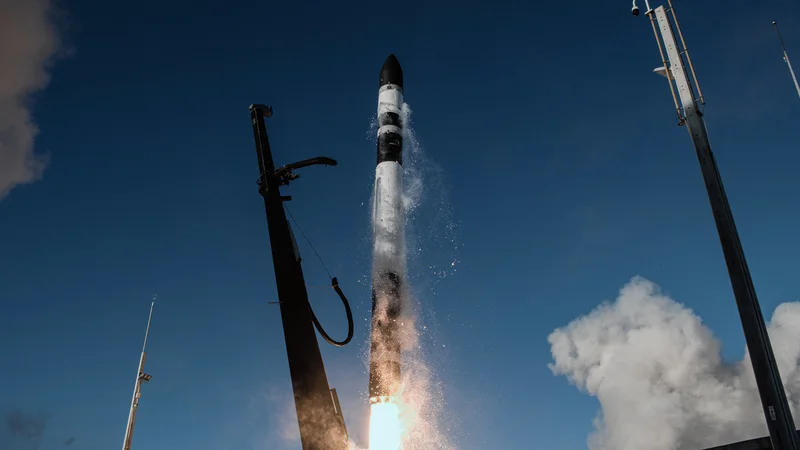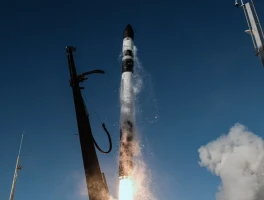SpaceX's Launch Doubleheader: Are We Witnessing the Dawn of Routine Space Access?
Okay, friends, buckle up, because what happened last night down at the Cape wasn't just another launch—it was a potential glimpse into a future where space is as accessible as air travel. SpaceX pulled off a doubleheader—two Falcon 9 launches in a single evening, both carrying Starlink satellites. I mean, come on! It's like they're turning the launchpad into a cosmic airport.
The first Falcon 9, mission Starlink 6-89, roared to life from Launch Complex 39A at NASA’s Kennedy Space Center at 10:08 p.m. EST, hurtling southeast. The second, Starlink 6-85, followed just hours later from Cape Canaveral Space Force Station at 1:44 a.m. ET. The weather? Impeccable, a "greater than 95 percent chance for favorable weather at liftoff," according to the 45th Weather Squadron. You almost get the sense that the weather is cooperating now, as if even nature is rooting for this new era.
The real kicker, though, is the reusability factor. The first booster, B1092, completed its eighth mission, sticking its landing on the drone ship ‘A Shortfall of Gravitas.' The second booster, even more impressively, completed its twenty-fourth mission, landing on ‘Just Read the Instructions.' I mean, think about that for a second: twenty-four flights! That's the space equivalent of a seasoned commercial airliner. SpaceX recap: Launch doubleheader powers back-to-back Starlink missions from Cape Canaveral
Is this the Wright Brothers moment for truly routine spaceflight?
The Reusability Revolution
This isn't just about launching satellites; it's about fundamentally changing the economics of space travel. SpaceX's Falcon 9 boosters, landing gracefully on those drone ships, are the key. Andy Lapsa, CEO of Stoke Space, put it perfectly: "It was less than 10 years ago when the idea of recovering a 1st stage was extremely controversial. Now it's absurd to even consider anything else." He even shared video footage of Blue Origin's New Glenn booster landing.

But it's not just SpaceX. We saw Blue Origin and ULA conduct launches in quick succession as well. This kind of activity is exactly what Space Force officials are celebrating, heralding "the work of launch support teams, including weather forecasters, launch specialists and range safety, to the often-unseen dedication of security forces, firefighters and explosive ordnance disposal experts."
And, as SpaceX VP of Launch Kiko Dontchev noted, comparing the Space Coast to Hartsfield-Jackson Atlanta International Airport, "We have some work to do to achieve aircraft like operations." That really puts it into perspective, doesn't it? The goal isn't just to launch rockets; it's to make spaceflight as commonplace as catching a flight to grandma's house.
But here's the thing: with great power comes great responsibility. As we democratize access to space, we need to be incredibly mindful of orbital debris, responsible satellite deployment, and the potential for weaponization. We have to ensure that this new era benefits all of humanity, not just a select few.
This is the kind of breakthrough that reminds me why I got into this field in the first place.

